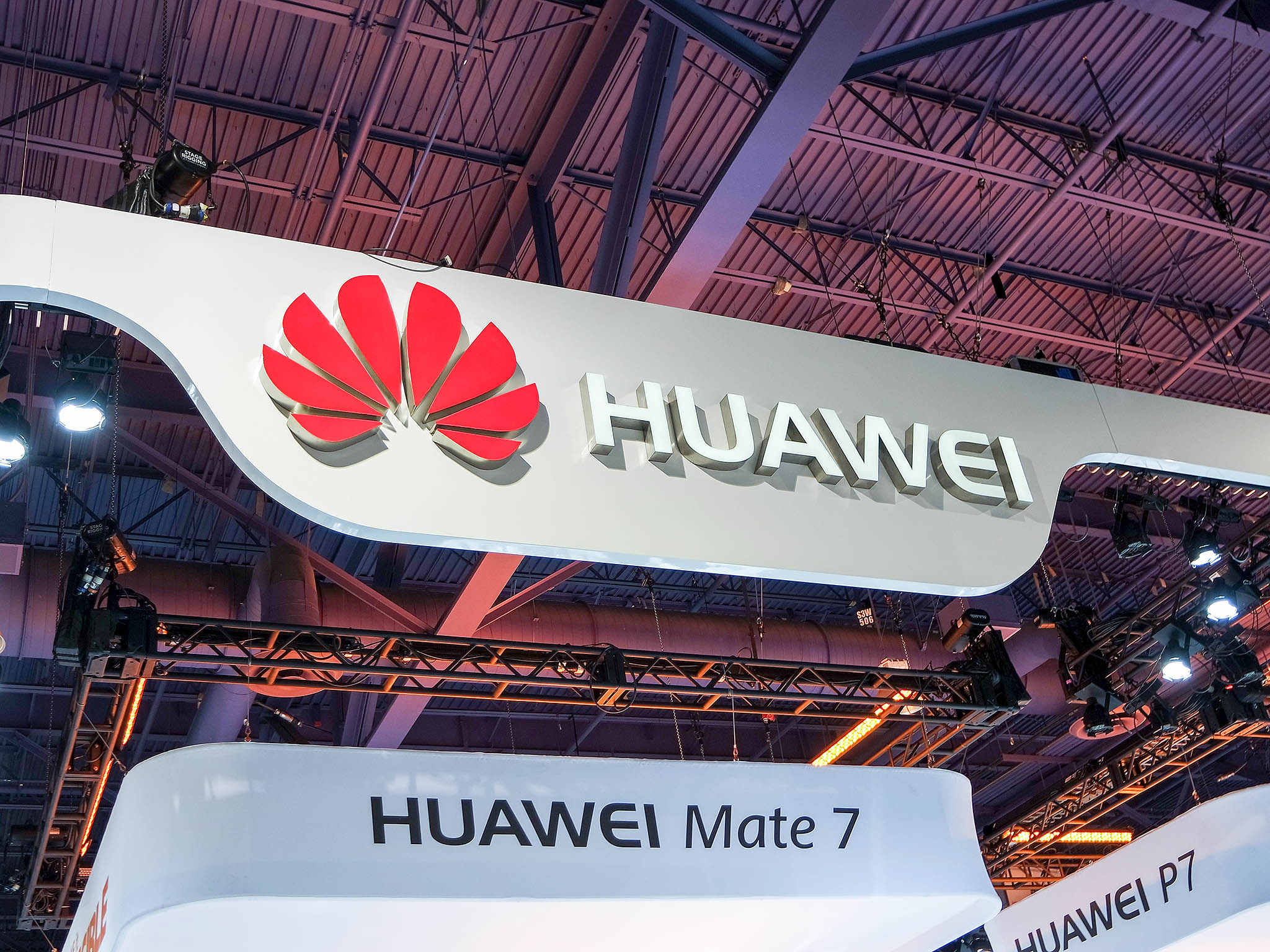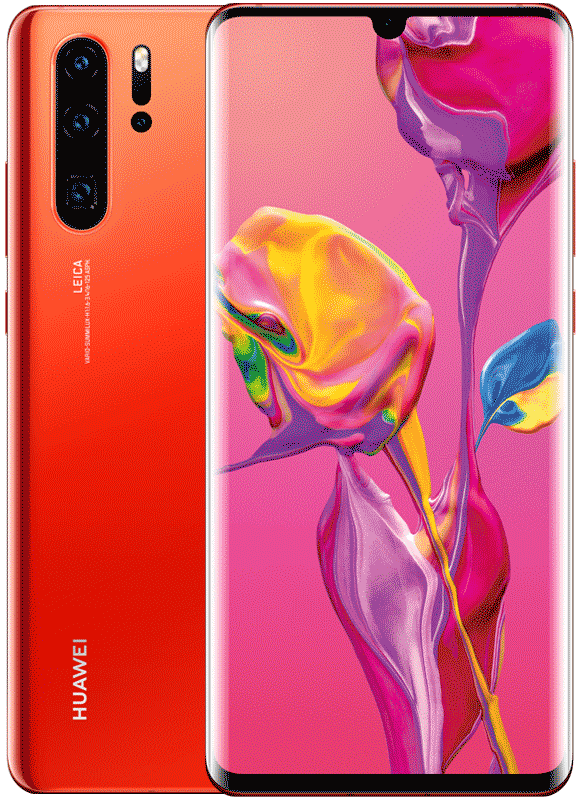The licenses relate to 'non-essential' goods.
What you need to know
- The Commerce Department started issuing its responses to over 290 requests from U.S. firms for licenses to trade with Huawei this Wednesday.
- A day later, a group of senators has written to President Trump to stop the issuance of these licenses.
- The group includes Chuck Schumer, Tom Cotton, Elizabeth Warren, Cory Booker, and Rick Scott, among others.
Just as it seemed Huawei execs had finally claimed a victory in the company's ongoing spat with the U.S. government, dark clouds hang over its fate again. A day after the Commerce Department began issuing American companies licenses to start supplying Huawei with 'non-essential' goods — things crucial to its success, like Google's mobile services — a team of Republican and Democratic senators has now called on the Trump administration to stop issuing said licenses.
The 14 senators include Senate Minority leader Chuck Schumer, democratic presidential nominees Elizabeth Warren and Cory Booker, and Senators Tom Cotton, Rick Scott, Richard Blumenthal, Ben Sasse, John Cornyn, Josh Hawley, and Ron Wyden. A letter from the senators suggests the government should stop issuing trading licenses for Huawei's American suppliers until "a report outlining specific criteria for determining whether or not the approval of any license poses a national security threat," reports Reuters.
The news follows yet another 90-day extension of a stay on the absolute ban on Huawei, intending to help rural carriers dependent on Huawei to "wean themselves off slowly." The ban will now go into effect on February 16, 2020.
Despite a lack of access to critical components and technologies, Huawei has so far remained undeterred in the face of U.S. pressure. It's found ways of getting by, thanks to its vast stockpiles of necessary components before the ban, alongside some help from U.S. suppliers circumventing the ban using various legal loopholes. It can't include Google services on its phones, so it just decided to skip them in its latest flagship, the Mate 30, and has instead decided to start investing heavily in its own Huawei Mobile Services. The strategy has worked so far for the company, as the company started growing smartphone shipments again last quarter, thanks to particularly strong performance in its native China, where anti-U.S. sentiments and patriotic fervor has allowed it to take an even larger share of the market.
Get More P30 Pro
Huawei P30 Pro


Tidak ada komentar:
Posting Komentar